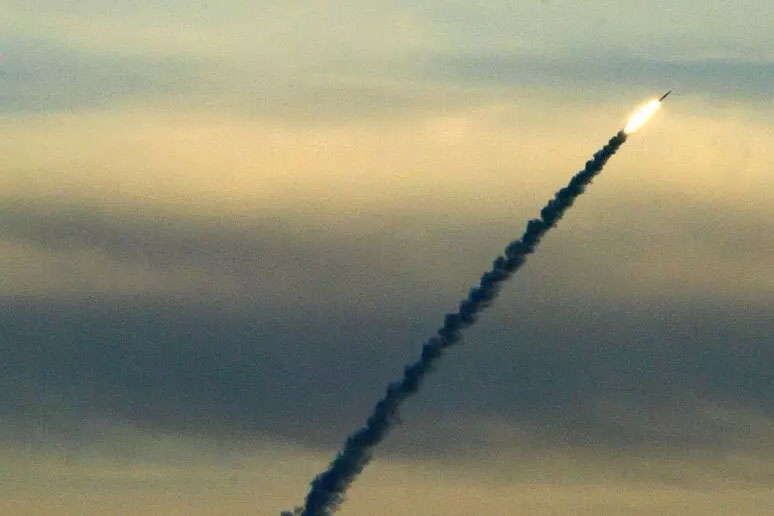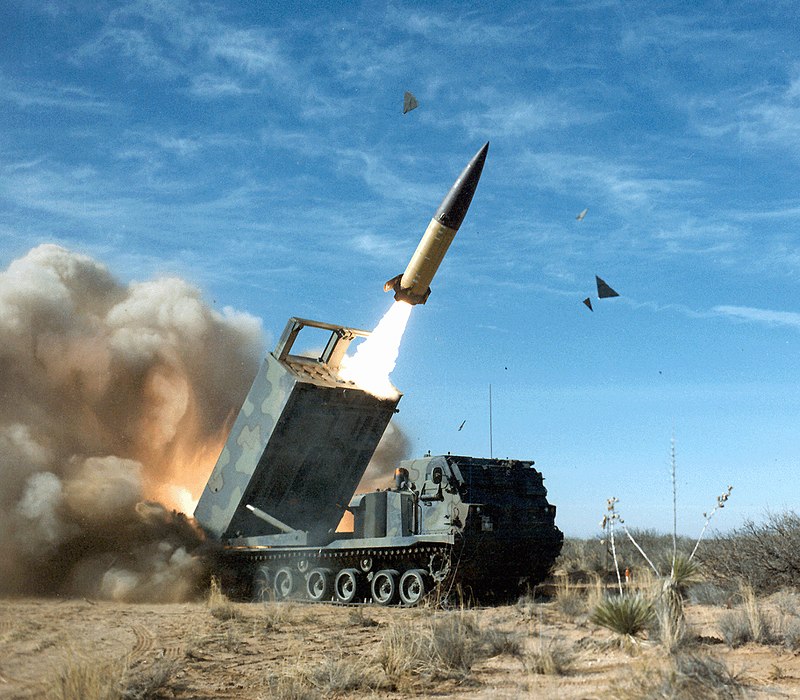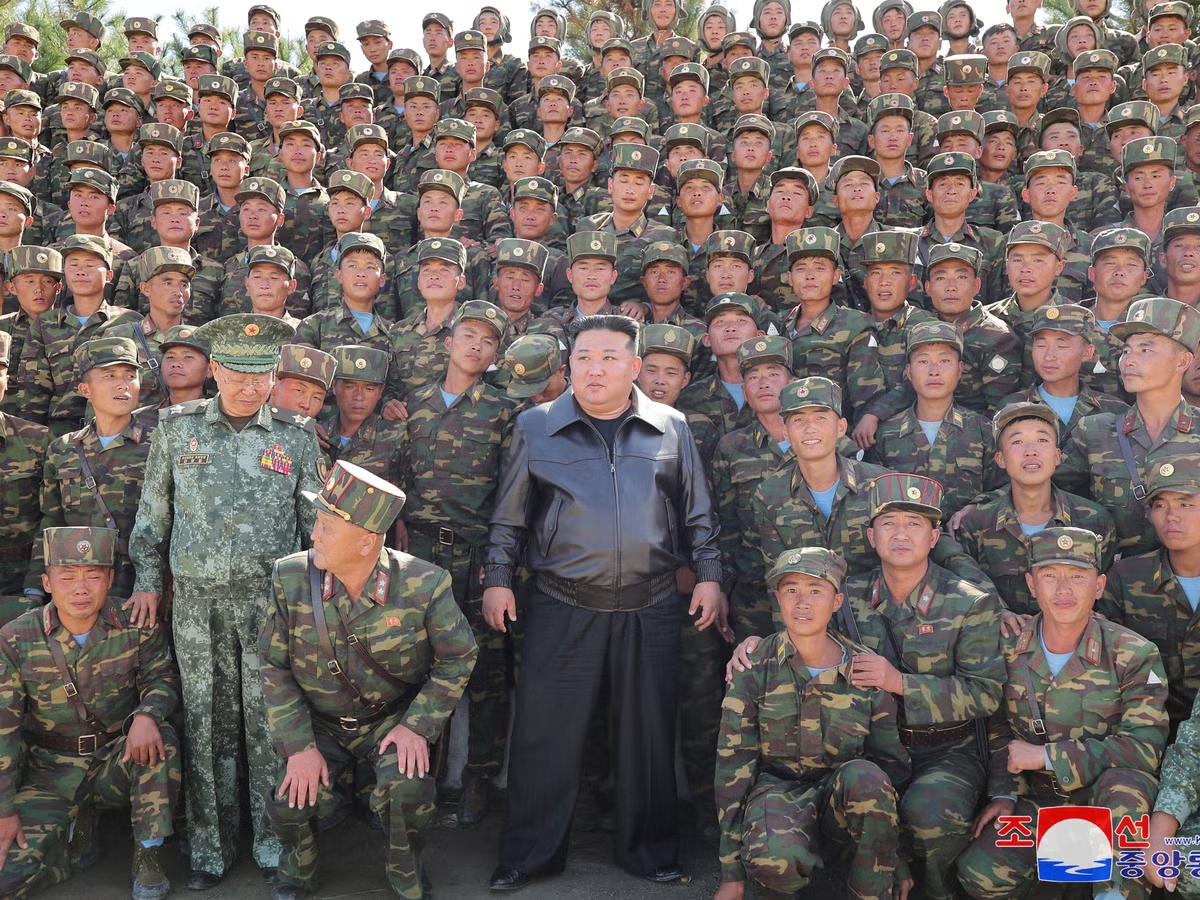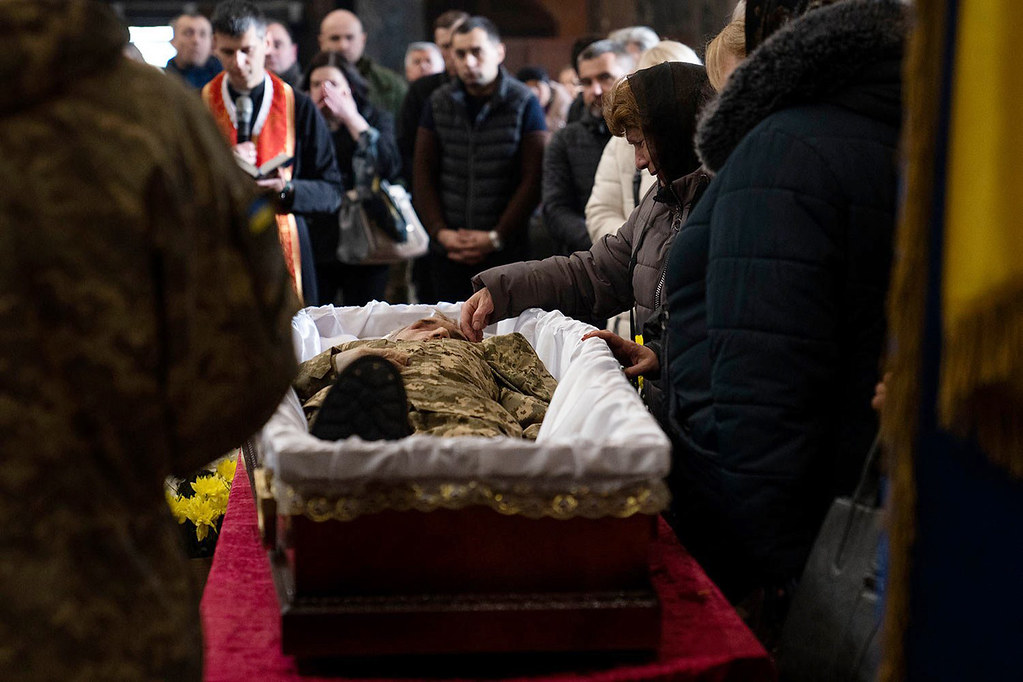The United States eating popcorn on the hill… and the European Union?

In January and February, when the invasion of Ukraine had not begun, but the noise of war already surprised me: the way to prevent war and to bring about a solution to the conflict was going to be the dialogue between the US and Russia governments or directly between Putin and Biden. Surprisingly, because no one was disturbed at those so-called tables by not making a room for Ukraine – albeit with respect for the minimum democratic theatre – nor for the European Union – if it is a matter of geopolitics and power, what I know, for the so-called power adjoining Ukraine, again with respect for the least theatrical theatre. The Western political and media initiative was clearly in the hands of the United States. I was even more surprised at how the United States came to the background with the war on fire, leaving the leading role in the hands of the European Union. But the US-marked script remained in the hands of the European Union. Of these early days are the militaristic expressions of the “general”, Josep Borrell, led by the EU’s diplo-ma-zi, which equate talking about diplomatic channels with Russia’s complicity.
Since then, I cannot understand the EU’s position. Not because I expected nothing in terms of justice. But because I didn't think it was going to depend so much economically and politically on EE.UU, in purely capitalist and geopolitical terms.
"If the damage is so obvious to the European Union, perhaps the most interesting question is what mechanisms are the United States using to impose its policies on Europe?"
I have recently read The invasion of Ukraine (Invasion of Ukraine), journalist and university professor Rafael Poch, which is resulting in an excellent reading to contextualize and historically understand what is happening. And the only thing that surprised me is that the European countries have at times tried to build other relations with Russia. For example, in 1990 the European countries signed the Paris Charter, including the USSR. “The era of confrontation and division has ended in Europe (...) The security of each state is intimately related to the security of others,” the letter said. Or, in 2014, in the heat of the brawls and deaths in Maidan Square, the EU reached an agreement for an ‘orderly’ solution to the conflict with Russian President Yanukovich. EE.UU frustrated these initiatives, either directly or through NATO, influencing Ukraine's internal policy ...
America's attitude can be denounceable, but it's very easy to understand. Unleashing economic and political relations between the EU and Russia, it unites the EU in a short chain in the competition of global political hegemony, and in the coming years it will make a round business selling arms and gas (much more expensive than Russia’s). But, in the most selfish sense of the word, what is the EU’s benefit? A war has erupted without clear consequences on its lands, it has lost its strategic business with Russia, it has conditioned its relations with China, it is deepening its economic and political weakening ... (Of course we will pay for it by the modest citizens).
If the damage is so obvious to the EU, perhaps the most interesting question is what mechanisms are the US using to impose its policies on Europe? Does it threaten? Seduction? Bribe? Promoting distribution between EU countries? Influence countries directly on governments?... In what proportion are each? It would be good to take it to public debate, to open up at least one window of opportunity for the EU to work a little autonomy. To stop deepening the disaster would not be enough, much less, but it would be essential.
On 19 September the majority of the European Parliament voted in favour of: "That all restrictions on the use of arms systems granted to Ukraine should be lifted immediately on Russian territory," he added. In common terms: "Launch missiles long across Russia." This Parliament is... [+]
For the powers, the salami tactic is attractive. It consists of cutting steaks progressively. With the enlargement of NATO, violations of international law, regime changes and the international proliferation of its military bases, the United States reduced the security and... [+]
Kursk is a historic region of Russia. He lived in peace until 6 August, when the Ukrainian army entered the city. About 15,000 men entered. Hundreds of tanks, armoured vehicles, artillery pieces, air defense radars… the most modern weapons that exist today, brought from all... [+]
Osasun artak biltzen ari da Pablo Gonzalez Moskun une honetan. Joan den astean, Poloniako Radomgo segurtasun handiko espetxetik atera zen kazetaria bi urte eta bost hilabeteko preso egon ondoan. Poloniak leporatzen zion espioitza frogatu gabe libre atera da.




















